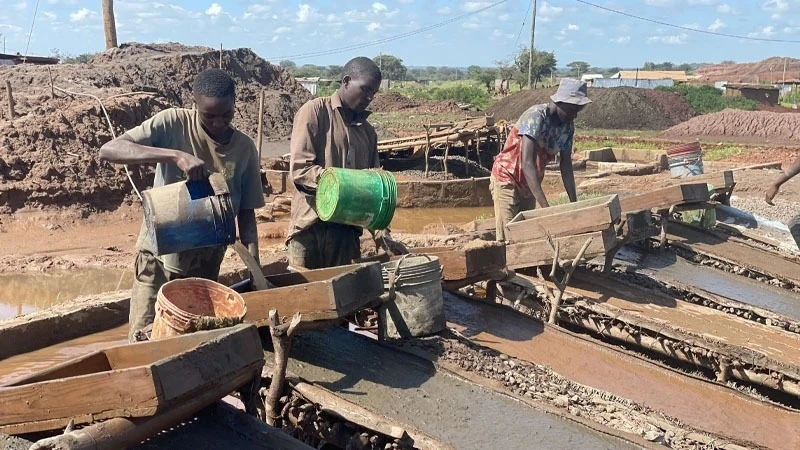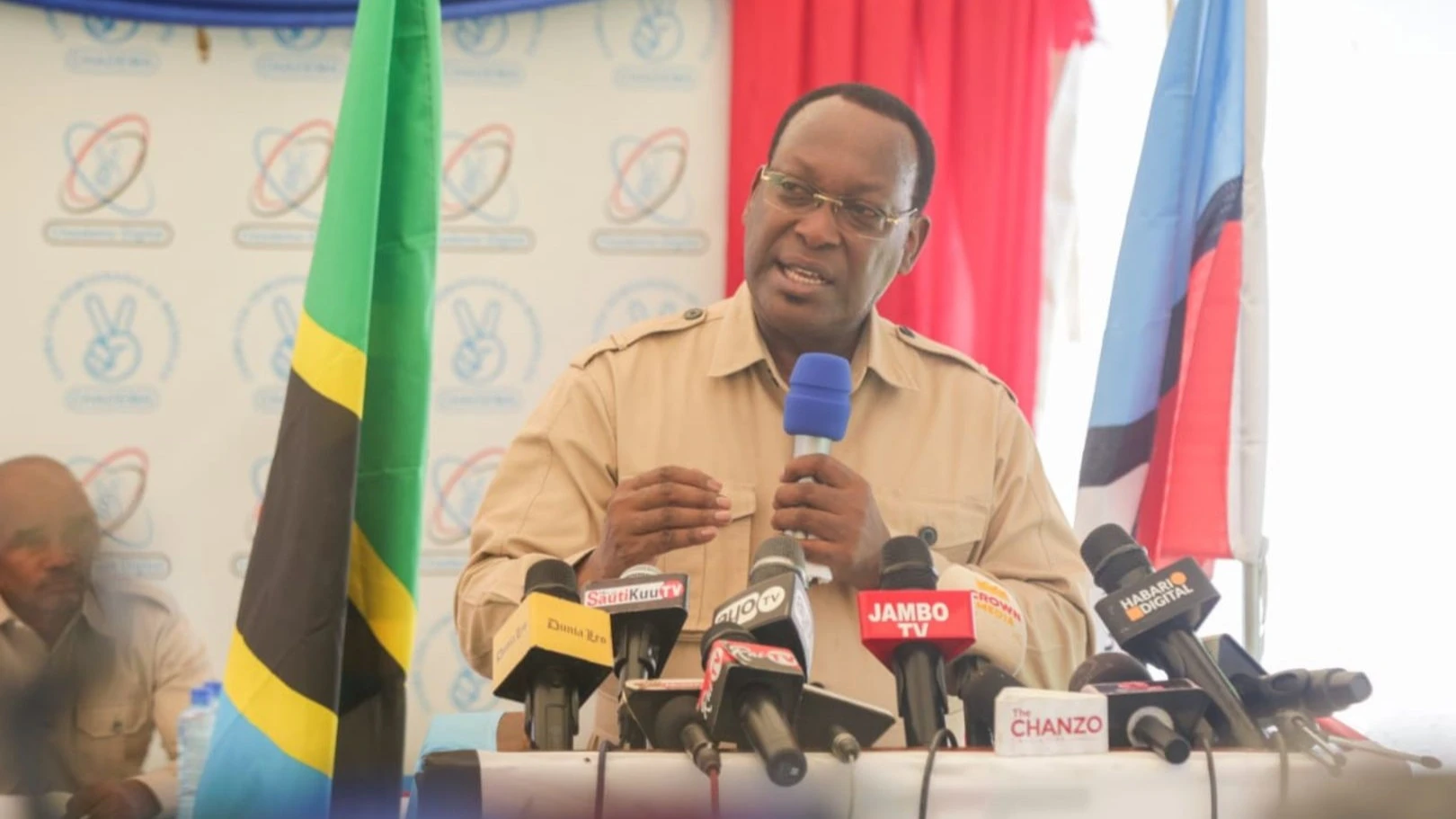US awards $4m to fight child labour in artisanal gold mines

THE United States Department of Labour yesterday announced the award of a $4 million cooperative agreement to Pact, an international development organisation, to support Tanzania’s efforts to combat child labour and promote safer working conditions in the country’s artisanal and small-scale gold mining sector.
Administered by the Bureau of International Labour Affairs (ILAB), the new project will focus on building the capacity of both government agencies and civil society to address child labour and improve labour conditions in mining communities. Specifically, the initiative will target Geita Region, a known hotspot for artisanal gold mining in Tanzania.
The initiative aims to enhance local and national efforts to combat the worst forms of child labour in the gold mining industry by providing data, strengthening monitoring systems, and testing community-driven solutions.
One key aspect of the project is to develop tools that will help the Tanzanian government and local organizations better monitor labour violations and ensure compliance with labour laws. Additionally, the project will focus on creating strategies for safely withdrawing children from exploitative and hazardous labour conditions.
“We are committed to supporting Tanzania’s efforts to reduce child labour and ensure safe, fair working conditions for miners,” stated the Bureau of International Labour Affairs. “This initiative will empower both the Tanzanian government and local communities to take decisive action against the dangers posed by child labour in mining.”
Tanzania’s artisanal and small-scale gold mining sector has long been associated with severe child labour issues, as highlighted in the U.S. Department of Labour’s Findings on the Worst Forms of Child Labour report.
Children in the gold mining industry face extreme risks, including exposure to dangerous working conditions such as navigating narrow, unreinforced mineshafts, working with toxic metals and chemicals, and carrying heavy gold ore bags.
The practices not only threaten the children’s health but also impede their ability to attend school and secure a better future.
Many children are also subjected to physical abuse and exploitation in an unregulated labour environment. In response, the U.S. Department of Labour has recognized the need for immediate and long-term interventions to address these issues and protect vulnerable children from the dangers of the mining industry.
Pact, an international non-profit active in nearly 40 countries, has extensive experience in addressing child labour and promoting labour rights. The organization already implements a number of U.S. government-funded programs in Tanzania, including the ACHIEVE and Kizazi Kipya programmes, which aim to improve the lives of vulnerable populations through education, health, and economic development initiatives.
Additionally, Pact is currently managing the Madagascar Shines and Pilares projects, which focus on reducing child labour in the mica and gold sectors, respectively. Pact’s expertise in the region and its network of local partners position it well to execute the project’s objectives and foster meaningful, sustainable change in Tanzania’s mining communities.
“We are honoured to partner with the U.S. Department of Labour to help Tanzania tackle these pressing issues,” reads part of the statement.
“Our goal is to create an environment where children are protected from hazardous labour, while adults in mining communities have access to decent work and sustainable livelihoods.”
The project is part of a broader U.S. government initiative to address child labour and promote safer working conditions in hazardous industries globally.
Through strategic partnerships with local governments, NGOs, and international stakeholders, the Department of Labour aims to reduce child labour, improve education, and ensure that workers can earn a living wage in safe, legal conditions.
Top Headlines
© 2024 IPPMEDIA.COM. ALL RIGHTS RESERVED

























